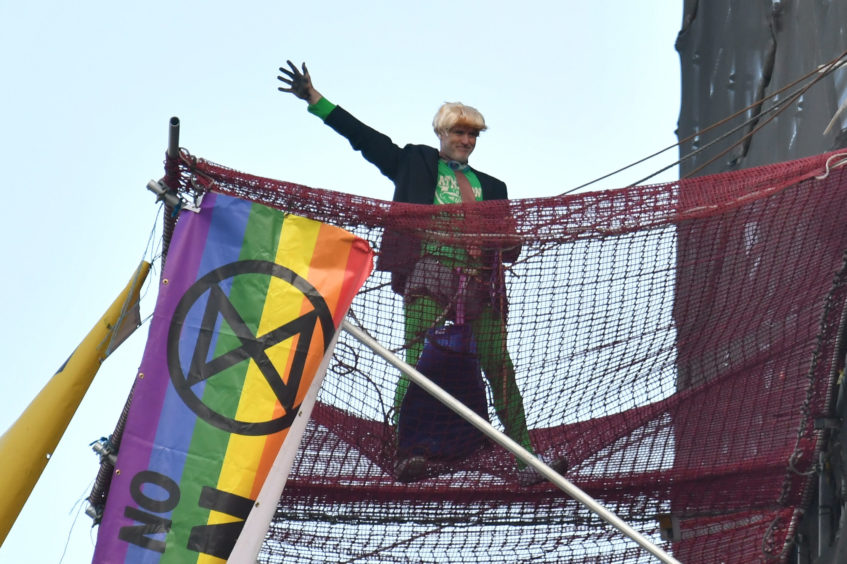
Extinction Rebellion has won a High Court challenge against the Metropolitan Police over a London-wide protest ban.
The force imposed a blanket ban across the capital last month, prohibiting any assembly of more than two people linked to XR’s Autumn Uprising action.
But two senior judges ruled the decision to impose the ban, made under Section 14 of the Public Order Act, was “unlawful”.
Announcing their judgment in London on Tuesday, Lord Justice Dingemans and Mr Justice Chamberlain said the Met had no power to impose the ban because the Act does not cover “separate assemblies”.
Lord Justice Dingemans said: “Separate gatherings, separated both in time and by many miles, even if coordinated under the umbrella of one body, are not a public assembly within the meaning of … the Act.
“The XR Autumn Uprising intended to be held from October 14 to 19 was not therefore a public assembly … therefore the decision to impose the condition was unlawful because there was no power to impose it under … the Act.”
However, the judges noted there are powers within the Act which may be used lawfully to “control future protests which are deliberately designed to ‘take police resources to breaking point”‘ – one of XR’s stated aims.
In 10 days of protests to call for urgent action on climate change and wildlife losses, which started on October 7, XR activists shut down areas around Parliament and the Bank of England, and targeted London City Airport and Government departments.
The Met used Section 14 of the Public Order Act initially to restrict the protest action to Trafalgar Square, but following “continued breaches” of the order officers moved in to clear the area.
The force said 1,832 people were arrested during the protests, and more than 150 were charged with offences.
Those bringing the legal action include Green Party politicians Baroness Jenny Jones and Caroline Lucas MP, Labour MP Clive Lewis and campaigner and journalist George Monbiot – who was arrested after the ban came into force.
XR’s tactics are to cause “maximum disruption” and to overwhelm the capacity in police custody, including by refusing bail after being arrested.
The court heard the costs of policing the Autumn Uprising were in excess of £20 million.